Today’s college applicants are digital natives accustomed to managing their lives online. They expect higher education institutions to offer a digitalized application experience in addition to remote learning options and the ability to access classroom resources from a phone, tablet or computer.
Many campuses are making the transition to digital. According to a recent survey by software firm Adobe, 33% of higher education institutions are converting paper forms to digital, 25% are moving from “wet” paper-based signatures to digital signatures, and 26% are automating administrative processes and workflows.
The shift away from a paper-based admissions process can drastically transform a higher education institution before students ever set foot on campus. By adopting admissions application software, schools can streamline their internal operations and improve student and staff experience.
Online forms also help schools make the admissions process more efficient. It reduces the hassles associated with storing hard copies, minimizes errors, and can expedite communication with prospects and other departments.
In this post, we will cover:
The Challenges With Paper-Based Applications
Paper is ancient history to young adults, and paper applications make the admissions process slow to a crawl.
Today’s students are introduced to digital tools like self-service portals and learning management systems (LMS) as early as elementary or middle school. Naturally, they expect colleges and career schools to offer digital applications and enrollment information.
Of course, old habits and procedures are hard – and expensive – to break.
In Adobe’s survey, most higher education administrators say digital tools provide easier access to information, save time, provide greater data accuracy and improve student outcomes.

The Benefits of Online Application Processing
It’s important to remember that admissions application software simplifies the admissions process for prospects, students and staff.
When staff aren’t bogged down with paperwork, they can spend more time interacting with prospective students and applicants while reducing the redundant work associated with paperwork.
Here’s how a student information system with an admissions application software module can help improve your school’s marketing, recruitment, admissions and enrollment processes:
- Hands-off: Prospects can log into a portal to see their application status without contacting staff
- Streamlined communications: Staff can engage in instant communication with prospects and admitted students via phone, text or email from the CRM module
- Centralized information: All student information is in one location and is accessible to other departments
- Robust reporting: Track student admissions data to optimize campaigns
- Generate better ROI: By digitizing the admissions process, you can reach a wider range of prospects and attract a more diverse pool of qualified applicants
At Huntingdon College, the admissions staff uses Campus Cafe’s student information system with integrated admissions software to keep prospective students on track toward enrollment. When a prospect fills out certain fields in an application, workflows are triggered to keep prospects engaged with other departments.
“We’ve set up intentional mailings that are triggered based on different progress codes for them,” noted Anneliese Spaeth, Vice President of Technology for Huntingdon College. Spaeth says other schools can similarly benefit from online admissions.
Online applications aren’t just a boon for your internal operations. It also creates fewer headaches for prospects and students in the following ways:
- Direct engagement: Prospects can easily submit inquiries to admissions officers
- Fast response time: Admissions staff can quickly answer questions or make follow-ups
- Easily accessible: Documents and information can be uploaded via an online portal
- Real-time notifications: Prospects stay notified about their application status, including outstanding forms and fees
- Better organization: Use an application checklist or inventory so prospects aren’t left guessing
- Online payment options: Accept deposits and tuition online instead of handling cash, checks and receipts
How Admissions Application Software Can Help Boost Enrollment
To gain a competitive edge, schools need to be faster when it comes to appealing to and engaging prospects, and that begins with modernizing the application and enrollment processes.
Career and trade school enrollment is up 9.9% in 2023 from the year before and undergraduate enrollment is also seeing gains, but prospective students are gravitating toward schools that offer degrees and certificates through online and hybrid learning.
Transitioning to admissions application software can help attract this growing pool of students. When prospective students can easily engage with your school, it can lead to four positive outcomes.
1. Faster Enrollment
Using paper forms and third-party programs to manage and process applications creates an inefficient and labor-intensive admissions process that can hinder recruiting, enrollment and silo information.
The School of EMS, a career school for emergency health workers, uses Campus Cafe’s admissions module to grow its enrollment by managing student and prospect inquiries and applications.
“We don’t make any money unless we have applicants who want to get into the courses, so admissions, really in our minds, is the entry point,” says Phil Collins, Director of IT at the school. He credits the admissions software with helping to boost enrollment and revenue.
Huntingdon College previously managed its admissions process on spreadsheets, which was time-consuming and unorganized. Now it uses Campus Cafe to manage student data and files. “Having the system create and manage the student accounts through the admissions process has been a huge game changer,” says Spaeth.
2. Streamlined Processes that Break Information Silos
The key to success with admissions software is that it’s part of an integrated student information system. With an integrated system, all the modules share information seamlessly with every department.
A built-in customer relationship management (CRM) tool allows admissions officers to easily log their interactions with prospects and trigger notifications or workflows about their application status.
What’s more, every department in the school can access the information provided in a student application. Instead of relying on forms to be scanned, faxed or mailed between departments, information is instantly updated. This means everyone – from the registrar and the finance department to the financial aid office and student services – has access to real-time information.
3. A Better User Experience for Everyone
By offering an intuitive and accessible online application portal, schools are putting forward a tech-savvy and modern image.
An online, self-service portal simplifies application processing and reduces the waiting game. Campus Cafe’s admissions portal integrates with your website so you can stop manually tracking paper applications and keep the admissions process moving.
With admissions application software, prospective students can easily:
- Work on applications on their schedule with the option to save their work
- Access applications from any device
- Upload forms and documents to the portal
- Monitor application status and receive notifications via text, phone or email
- Email or text admissions officers with questions or help
- Get real-time status updates on admissions, financial aid and enrollment
- See information on dues and fees
Today’s students rely on technology to simplify and organize their lives, and they expect their institution of choice to offer those tools.
4. Personalized Application Experience
With admissions application software, schools can generate customized application forms for each prospective student, personalizing the entire process.
For example, when students select programs, divisions or majors, the system can tailor the application to those requirements, including forms, perquisites, essays or recommendations.
Online applications also allow schools to quickly update their forms without concern that a paper form is outdated. A modern approach to admissions also helps remove access barriers for students with special needs or circumstances.
The Bottom Line: Admissions Application Software Generates ROI
Digital applications are the future. Huntingdon College’s Speath advises administrators to focus attention and resources on digital admissions processes.
“One thing I’d like to emphasize to people is to pay enough attention to admissions. That’s where your data flow starts in the system,” she says. “If you get admissions right, everything else will flow correctly.”
Ready to see how Campus Cafe’s admissions software can boost your enrollment and revenue? Contact us for a free demo.









